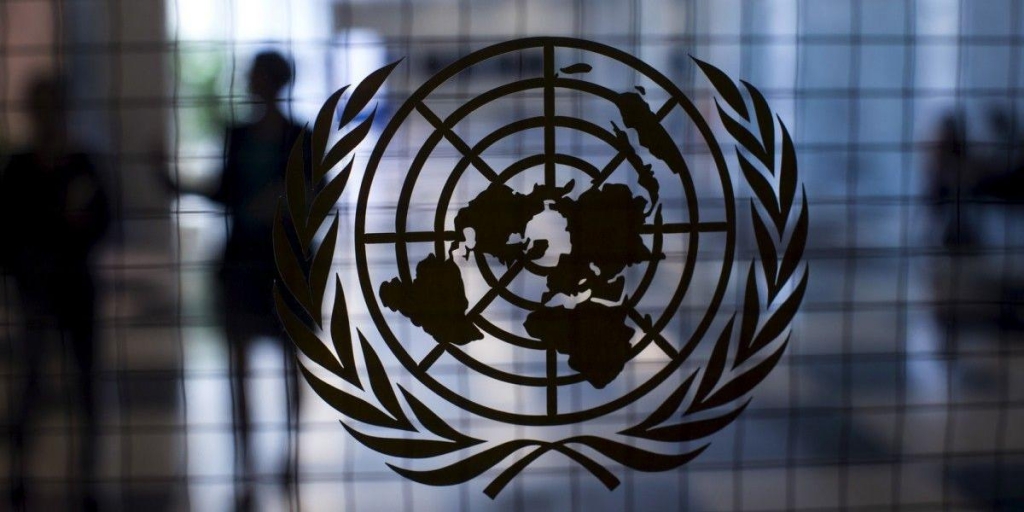Statement by Dmitry Chumakov, Deputy Permanent Representative of Russia to the UN, at the open VTC of UNSC members on “Protection of civilians in armed conflict: food security risks”
Mr. President,
We thank our distinguished briefers today, Mr. Mark Lowcock, Mr. Qu Dongyu and Mr. David Beasley, for their substantive overview of the current trends with food security in the world. Relevant reports of FAO and WFP on the matter are always on our radars. The recent document of the Office for the Humanitarian Affairs (OCHA), that triggered today’s discussion, of course, confirms how alarming the situation is.
Indeed, the countries, which are in focus of the mentioned OCHA’s report, namely the Democratic Republic of the Congo, Yemen, South Sudan and North-East part on Nigeria experience human sufferings not only because of the problems with access to food for those in need. These States for quite a number of years have also suffered overall instability and lately have witnessed aggravation of insecurity. But this, unfortunately, is relevant to a number of countries and, obviously, makes our discussion much broader.
We also take note of the emphasis some speakers make on so-called “humanitarian-development nexus”. Being so extensively promoted, this term still misses the clear definition. So far we have not heard any explanation of what kind of new dimension does it bring to the existing cooperation between different agencies “on the ground”.
That said, we are taking this opportunity to pay tribute to all humanitarian workers in the DRC, Yemen, Nigeria and South Sudan for every day “fight” they are taking with one goal – to help people most in need. Unfortunately, COVID-19 pandemic poses additional difficulties and restrictions to their work.
Mr. President,
The armed conflicts are not the only reason for increase in the number of food insecure people. Instead of focusing on the exclusive link between conflicts and hunger in the Security Council agenda we need to consider other factors of food insecurity, namely volatility of prices at the world food market, stagnation of the world economy, insufficient scientific and technological potential in the field of agriculture, deficit of investments, and degradation of environment, and now - another big challenge is the COVID-19 pandemic. Unilateral economic measures also have their place in this sad list, undermining the countries’ rights and capacities for development.
Mr.President,
Thus the solution to the problem of conflict induced hunger should be sought not only in the political domain. The toolkit of the United Nations development system, of the humanitarian agencies, plays the primary role in addressing effectively the food insecurity challenges, in building the industrial and agro-cultural potential of countries. Another big aspect is ensuring compliance by all parties of the International humanitarian law which is essential. Respecting the UN guiding principles of humanitarian assistance, in accordance with UN GA resolution 46/182, promotes the understanding of unbiased nature of the provision of humanitarian aid.
Russian Federation attaches vital importance to the fight with food insecurity. FAO and WFP are our main partners in this area. Through the aforementioned institutions we allocated over 80 mln US dollars for emergency food aid in 2018-2019. In 2020, together with WFP, we are implementing a food assistance program for Yemen with funding of 4 mln US dollars. This year we provided 10 mln US dollars to support FAO’s work to combat locust outbreak in East African countries, including South Sudan.
Mr. President,
In conclusion, we want to reiterate our position that every conflict has its own nature and there is no universal recipe for every conflict-affected country to follow to overcome the crisis. In this regard, we adhere to the position that food security issues should be considered in the Security Council only in the context of particular countries that pose threat to international peace and security with a close look to the root causes of the situation. Basically, the Council inevitably already touches upon these issues during relevant discussions of the situation in the DRC, Yemen, South Sudan and Nigeria.
I thank you.
